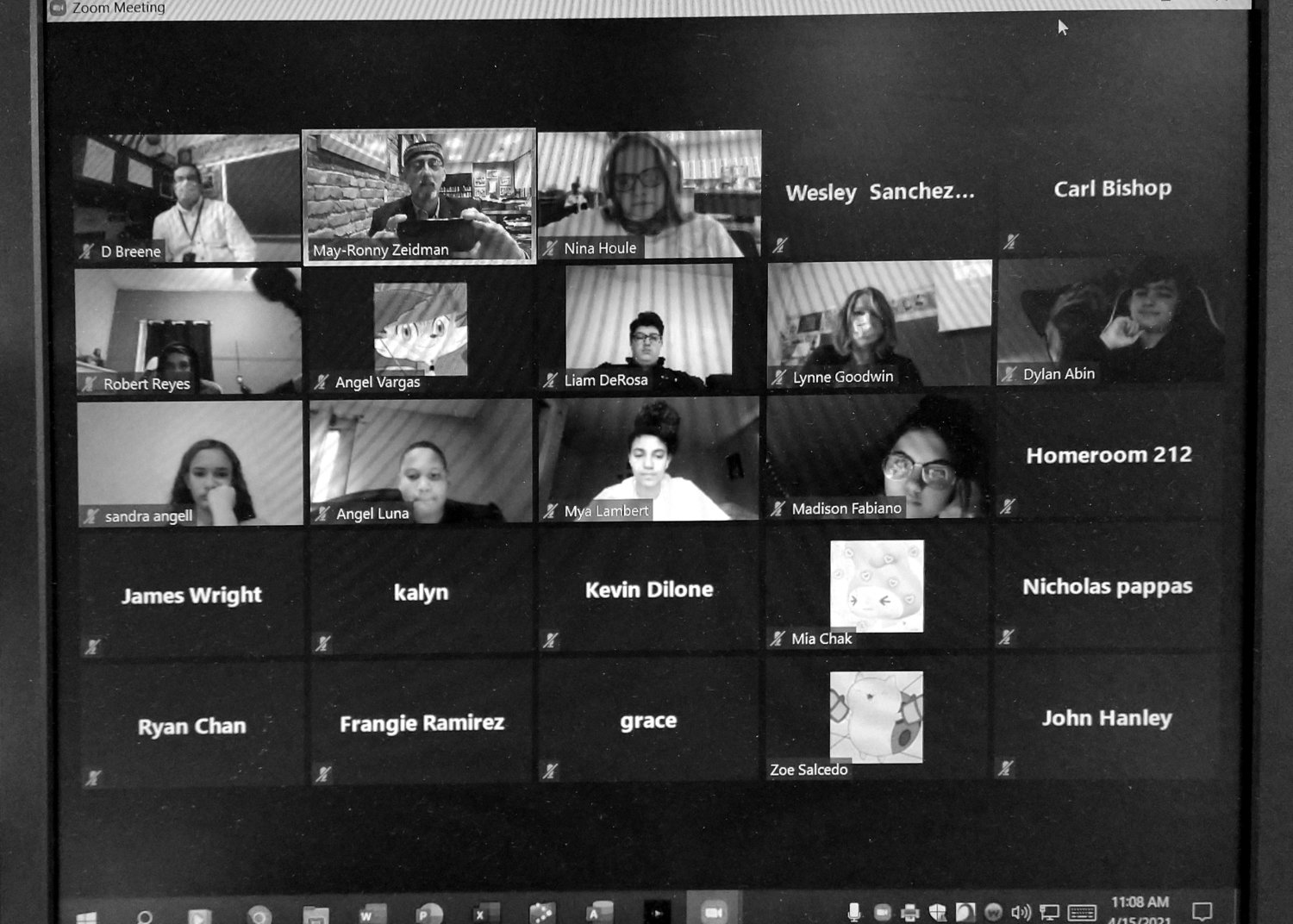Holocaust Through the Arts screens the powerful film ‘The Windermere Children’
If this were a normal year, the third week of April would have seen a couple thousand Rhode Island middle and high school students come together over two days at the Showcase Theater in Warwick for the Sandra Bornstein Holocaust Education Center’s Holocaust Through the Arts program. But, as we all know, the past year has been anything but normal.
Adapting to the work-at-home, learn-at-home world we have been living in, the center went virtual with this year’s Holocaust Through the Arts program. During the week of April 12-15, the center welcomed schools, groups and individuals to a Zoom presentation of the film “The Windermere Children,” which tells the remarkable true story of a group of young Holocaust survivors.
The film goes back in time to August 1945 and describes how 300 young orphaned Jewish refugees arrived at the Calgarth Estate, near Lake Windermere in England, with nothing but the clothes they were wearing and a few meager possessions. They bore the emotional and physical scars of all they had suffered.
The children were the first group in a pioneering rehabilitation scheme, in which boys and girls from labor and concentration camps in eastern Europe were transported to the Lake District to find new families and get a fresh start.
What kind of physical and mental shape must these children have been in? How do you begin to repair the damage done to individuals who, in many cases, were the only surviving members of large families? How do you try to imagine what they might be thinking? These were the questions that the therapists and educators at Windermere faced in August 1945.
The immediate priorities were to get the children clothed and find out about their families. The Red Cross supplied clothes, but they were odd shapes and sizes, so many children walked around in their underwear for a few days until donations of garments from local families started arriving. Dormitory accommodations were provided as well as single rooms for older boys.
News of their families took time to trickle in. For most, there was only despair. But there is a powerful moment in “The Windermere Children” when one of the children is reunited with a long-lost brother, whom he had been told was probably dead. Although the children are played by Polish actors, this really happened.
“The Windermere Children” allows us to witness the children reclaiming their lives following the tragedy of the Holocaust. Ultimately, the movie is a powerful, moving and redemptive story of the bonds that the children make with each other, and of how the friendships they formed at Windermere became a lifeline to a flourishing future – and remain strong to this day.
The annual Holocaust Through the Arts program is just one of the many ways that the Sandra Bornstein Holocaust Education Center, in Providence, partners with Rhode Island schools to educate about the Holocaust and genocides. SBHEC is also a vital member of the state’s Holocaust and Genocide Education Curriculum Committee.
LEV POPLOW is a communications consultant writing on behalf of the Sandra Bornstein Holocaust Education Center. He can be reached at levpoplow@gmail.com.








